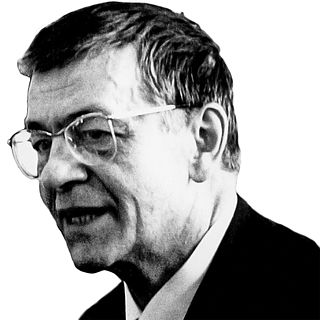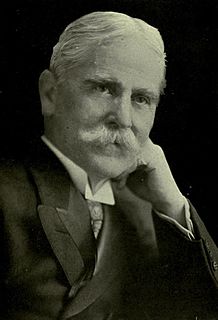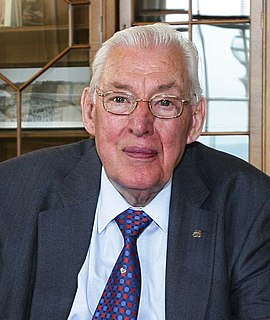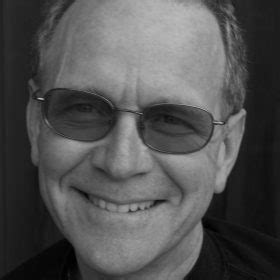A Quote by Aristotle
A brave man is clear in his discourse, and keeps close to truth.
Related Quotes
We're all so clogged with dead ideas passed from generation to generation that even the best of us don't know the way out We invented the Revolution but we don't know how to run it Look everyone wants to keep something from the past a souvenir of the old regime This man decides to keep a painting This one keeps his mistress He [ pointing ] keeps his garden He [ pointing ] keeps his estate He keeps his country house He keeps his factories This man couldn't part with his shipyards This one kept his army and that one keeps his king
The brave man is intelligent; he faces danger because he understands it and is prepared to meet it. The drunkard who runs, in the delirium of intoxication, into a burning house is not brave; he is only stupid. But the clear-eyed hero who makes his way, with every sense alert and every nerve strung, into the hell of flames to rescue some little child, proves his courage.
The man who boasts that he habitually tells the truth is simply a man with no respect for it. It is not a thing to be thrown about loosely, like small change; it is something to be cherished and hoarded and disbursed only when absolutely necessary. The smallest atom of truth represents some man's bitter toil and agony; for every ponderable chunk of it there is a brave truth-seeker's grave upon some lonely ash-dump and a soul roasting in Hell.
Relations of power "are indissociable from a discourse of truth, and they can neither be established nor function unless a true discourse is produced, accumulated, put into circulation, and set to work. Power cannot be exercised unless a certain economy of discourses of truth functions in, on the basis of, and thanks to, that power."








































